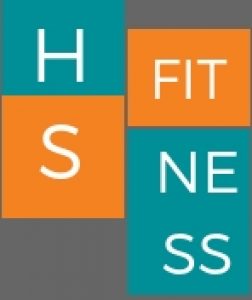I am so out of the habit of writing blog posts!
Anyway we are now well into 2025 and I feel like I’ve actually started pretty positively.
At the start of the year I set my intentions. I want to lose weight, not just for aesthetics but for health and performance, my ultimate goal is to still be able to move freely in 20 odd years time and feel good.
So as part of that I need to train and eat better, but I want to realistic. I like food and i don’t want to be deprived so I’m working on eating well – being sensible, prioritising protein but not being restrictive. I’m also setting aims for how much training I can do but focusing on balance, so not just all out, a balance of cardio and strength but also Pilates.
As part of my training I’ve also had my knees looked at, they’ve been causing issues for a while and I need to make adjustments to get them better, including taking options where there’s pain and not trying to push through – if that means adjusting expectations that’s ok, otherwise they won’t get better. there probably a lot worse than I initially thought they were so this needs to be a priority.
So as well as committing to re-habing my knees I’m committing to doing some holistic things. For instance I’ve done a few Soundbaths already which are a great way to relax and take some time for you. I’ve also tried a heat and ice class which again is just a nice relaxing bit of time to recover and clear your mind and relax.
Progress is going to take time, doing these things once or twice won’t do anything but consistently over the next 12 months will help me see positive changes. I’m making all these changes doable and enjoyable and including things that will make me feel recharged (like ensuring I get to bed on time) so that i don’t give up in a few days time.
